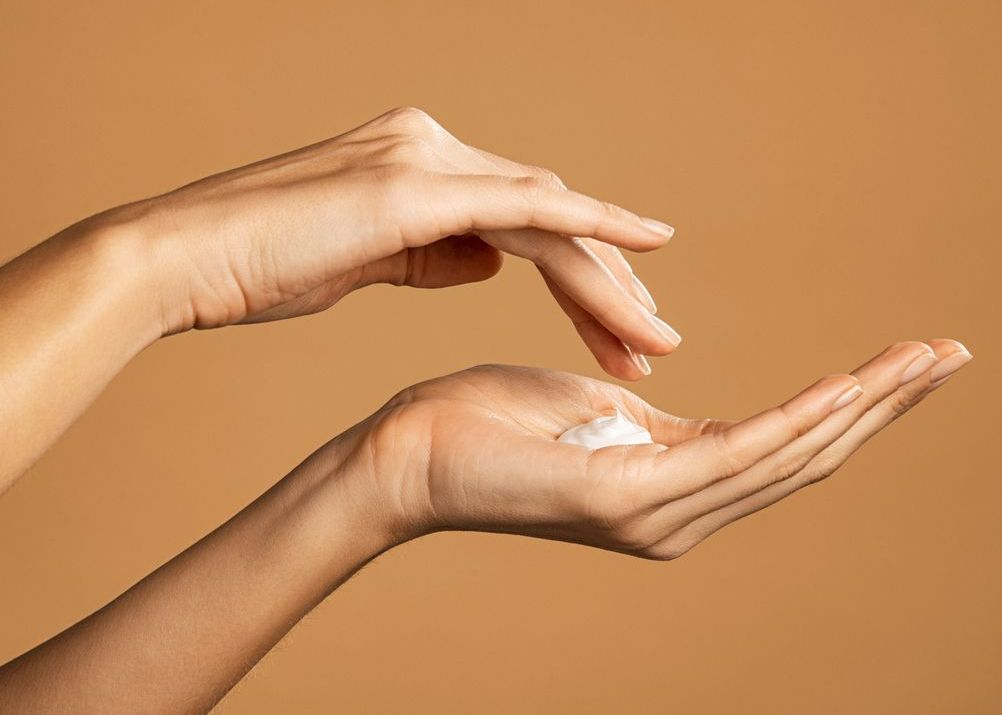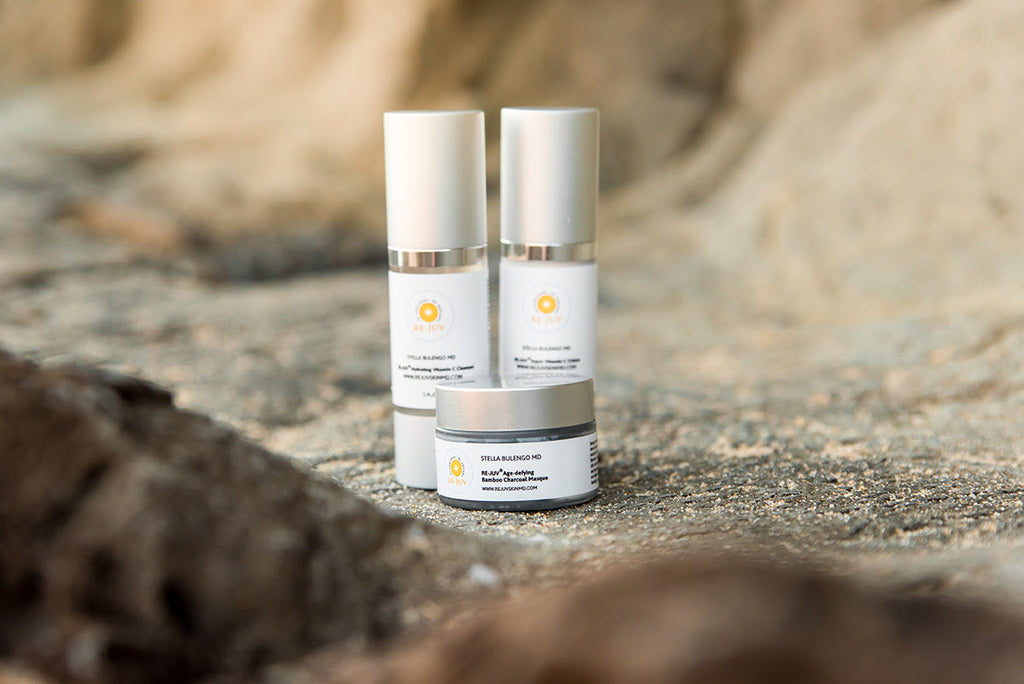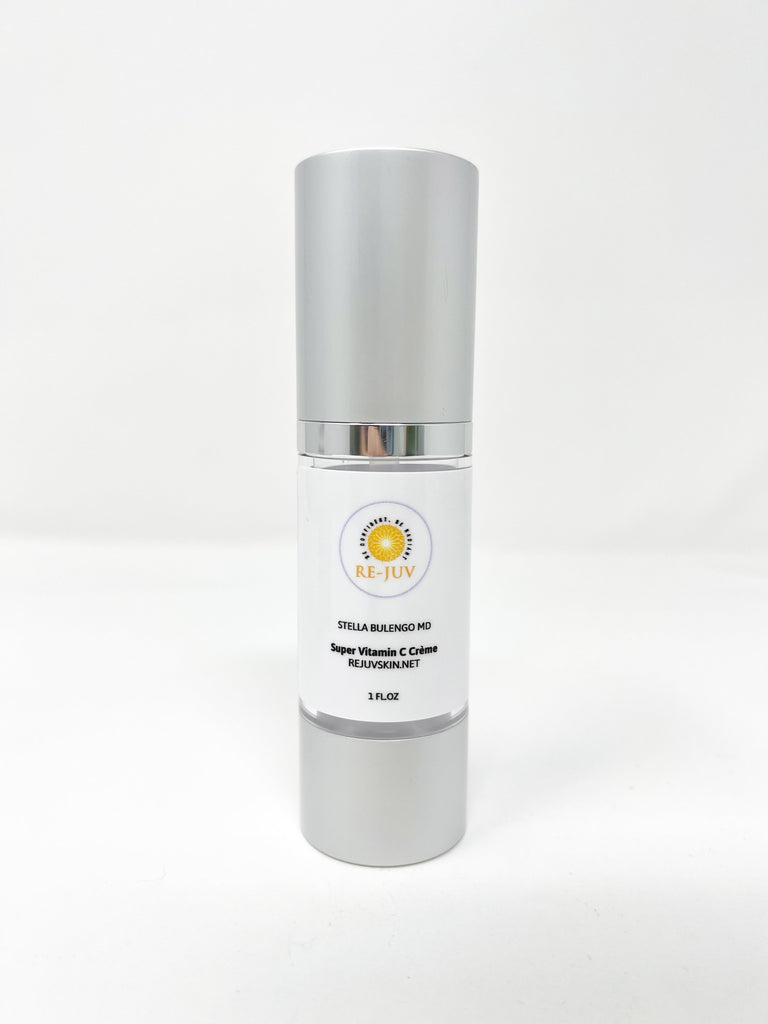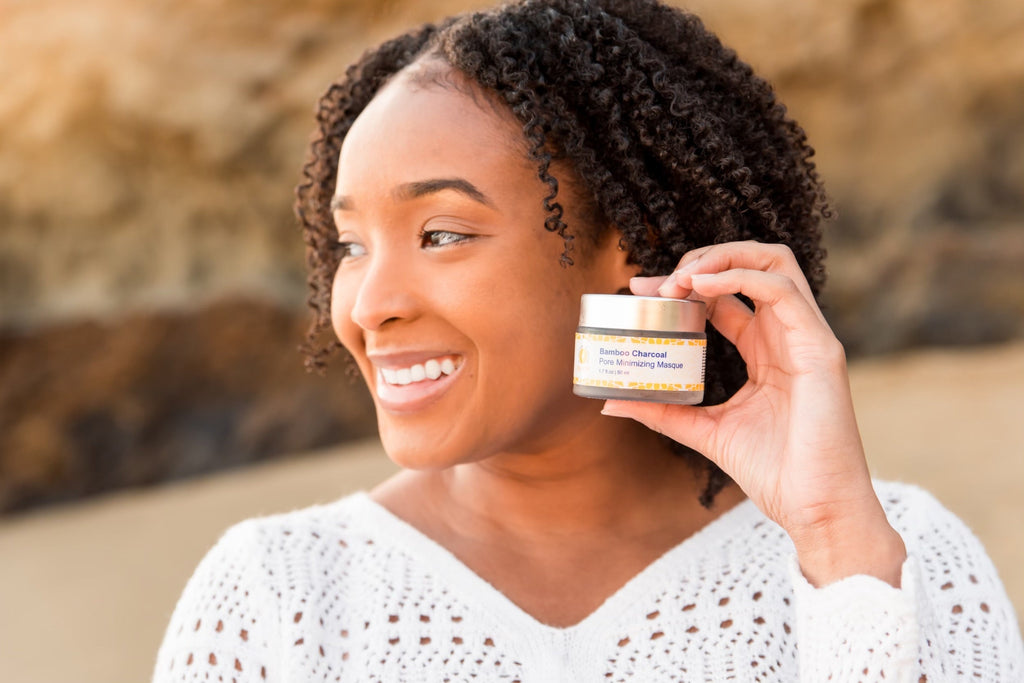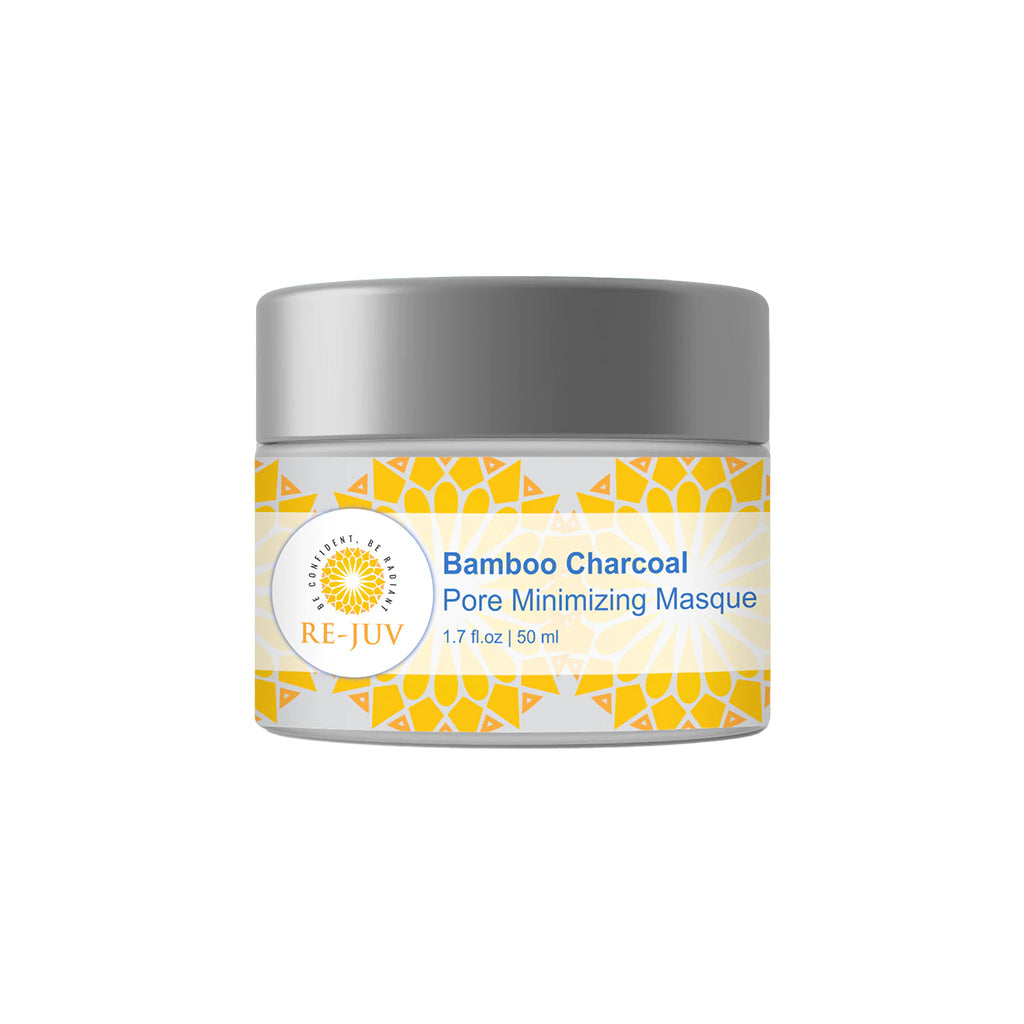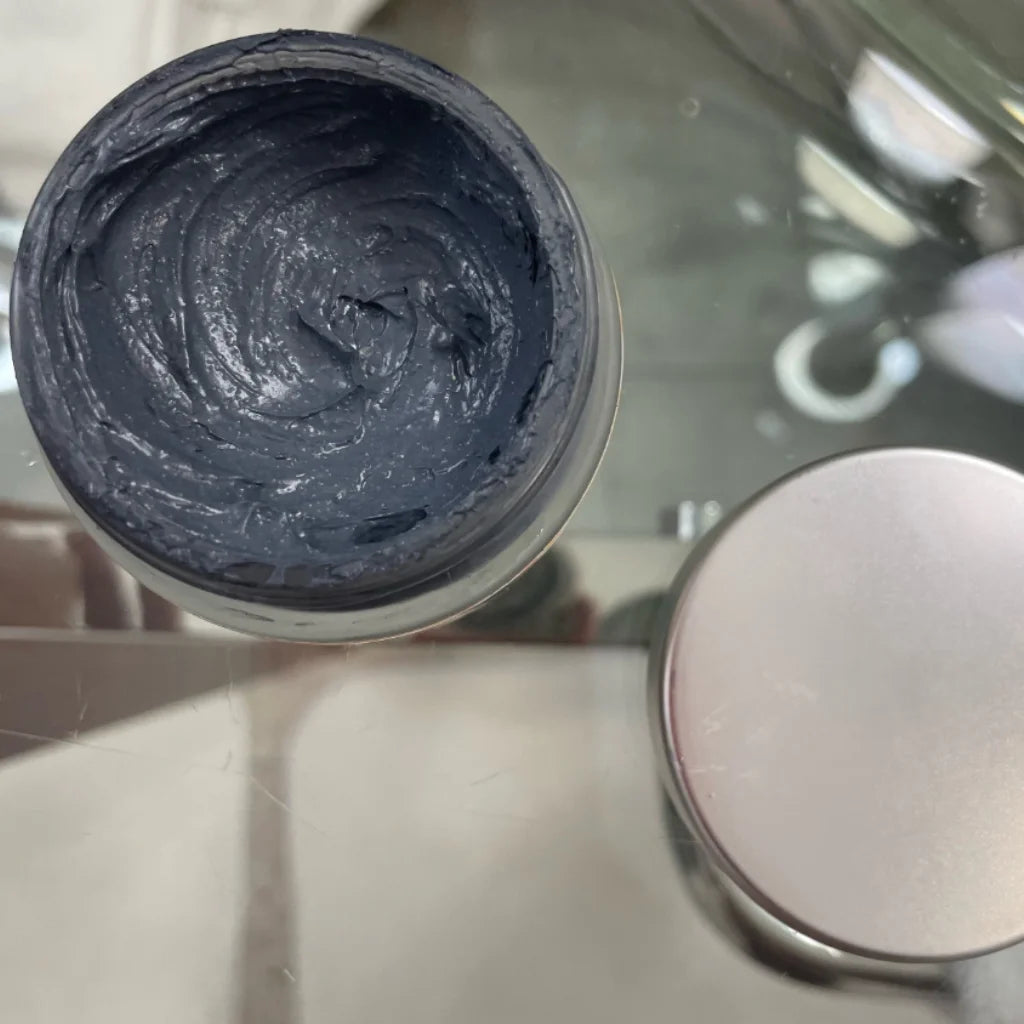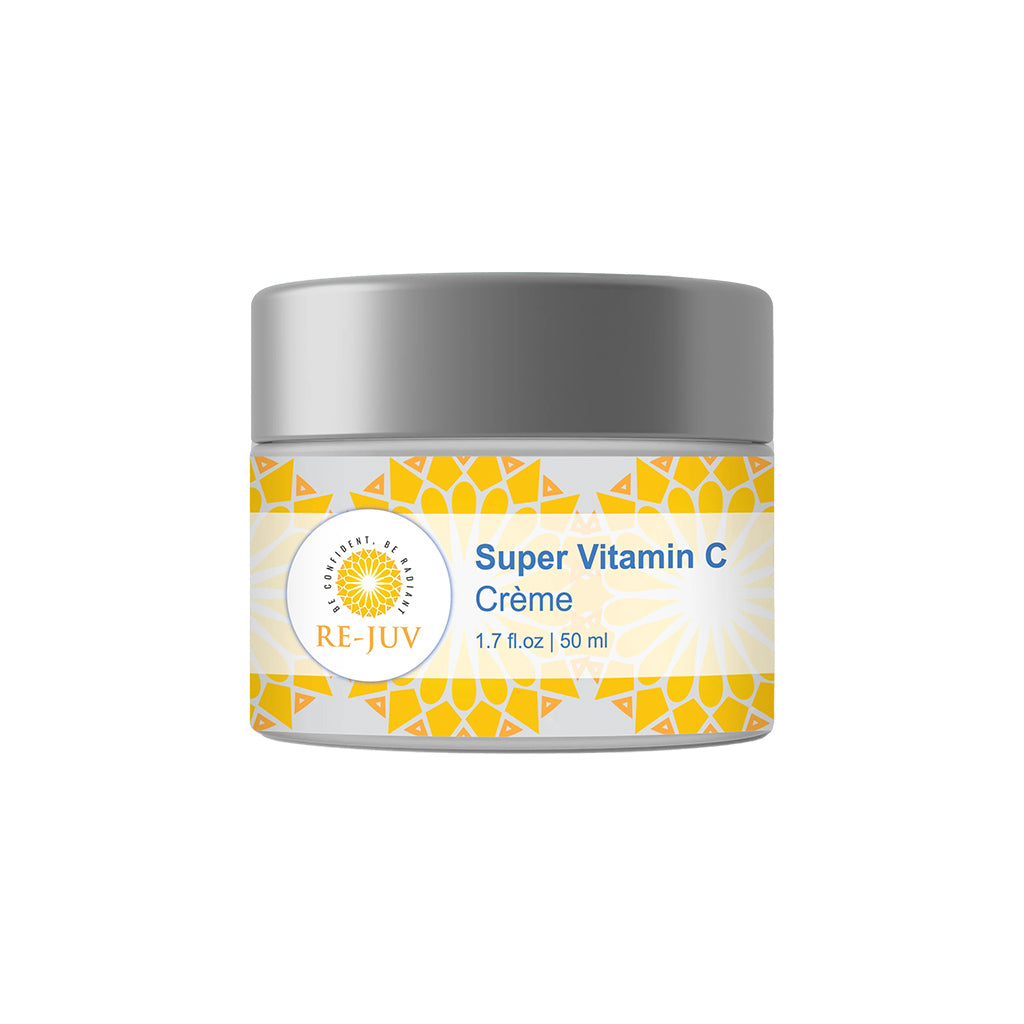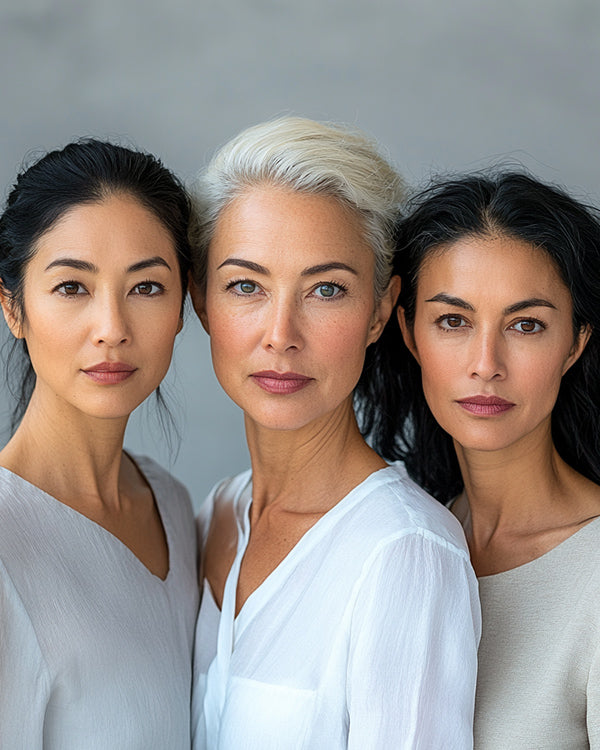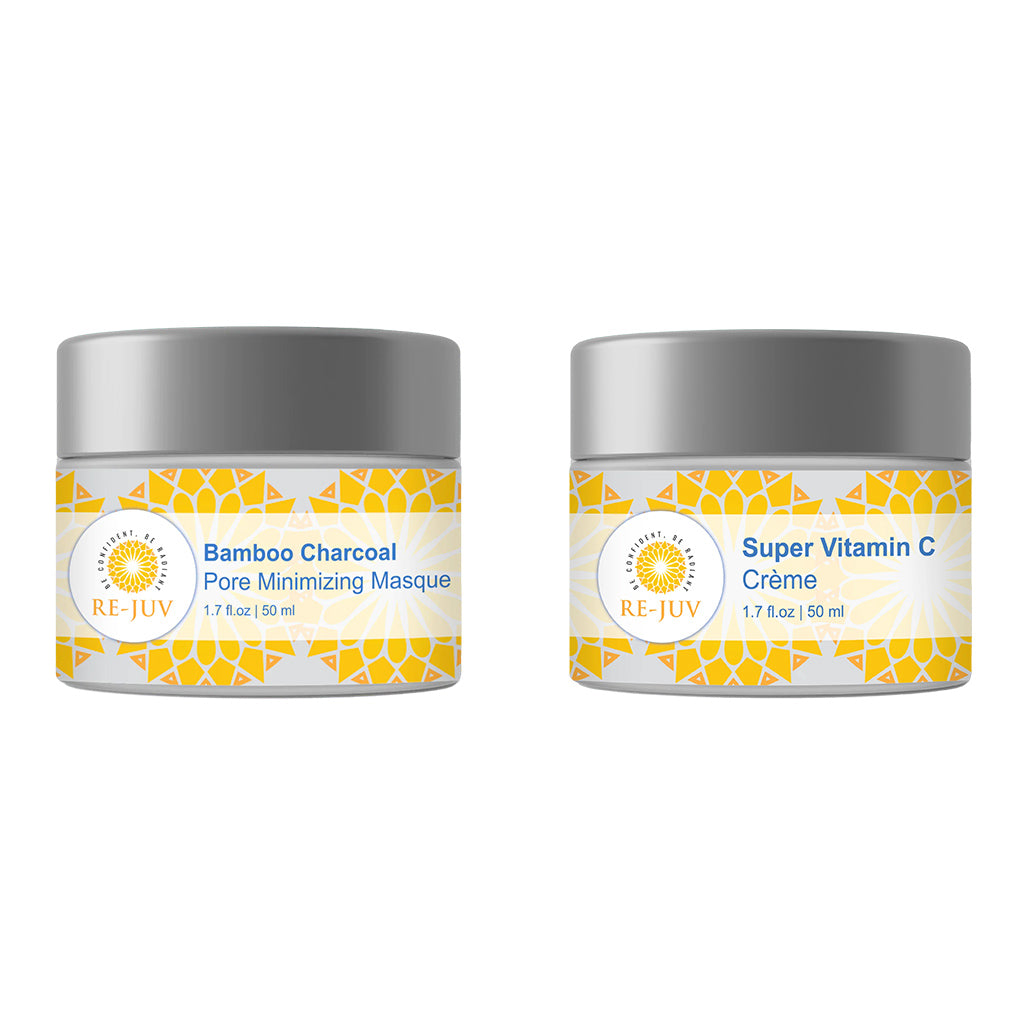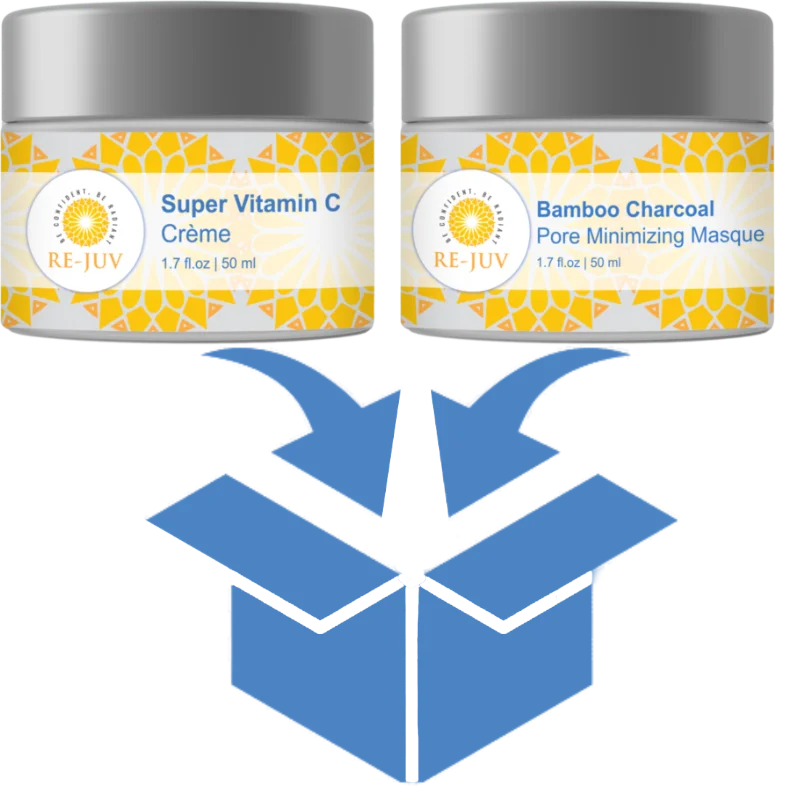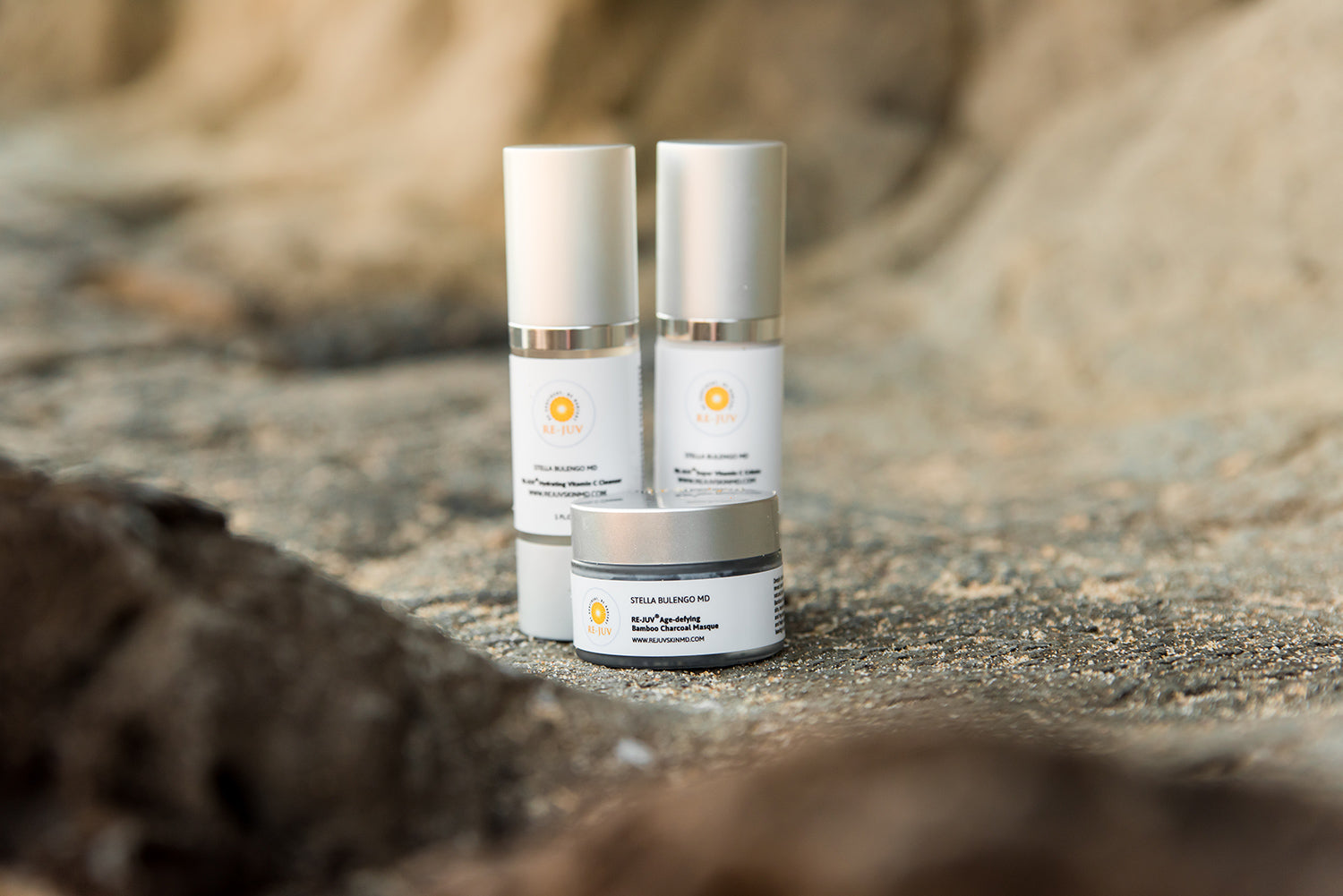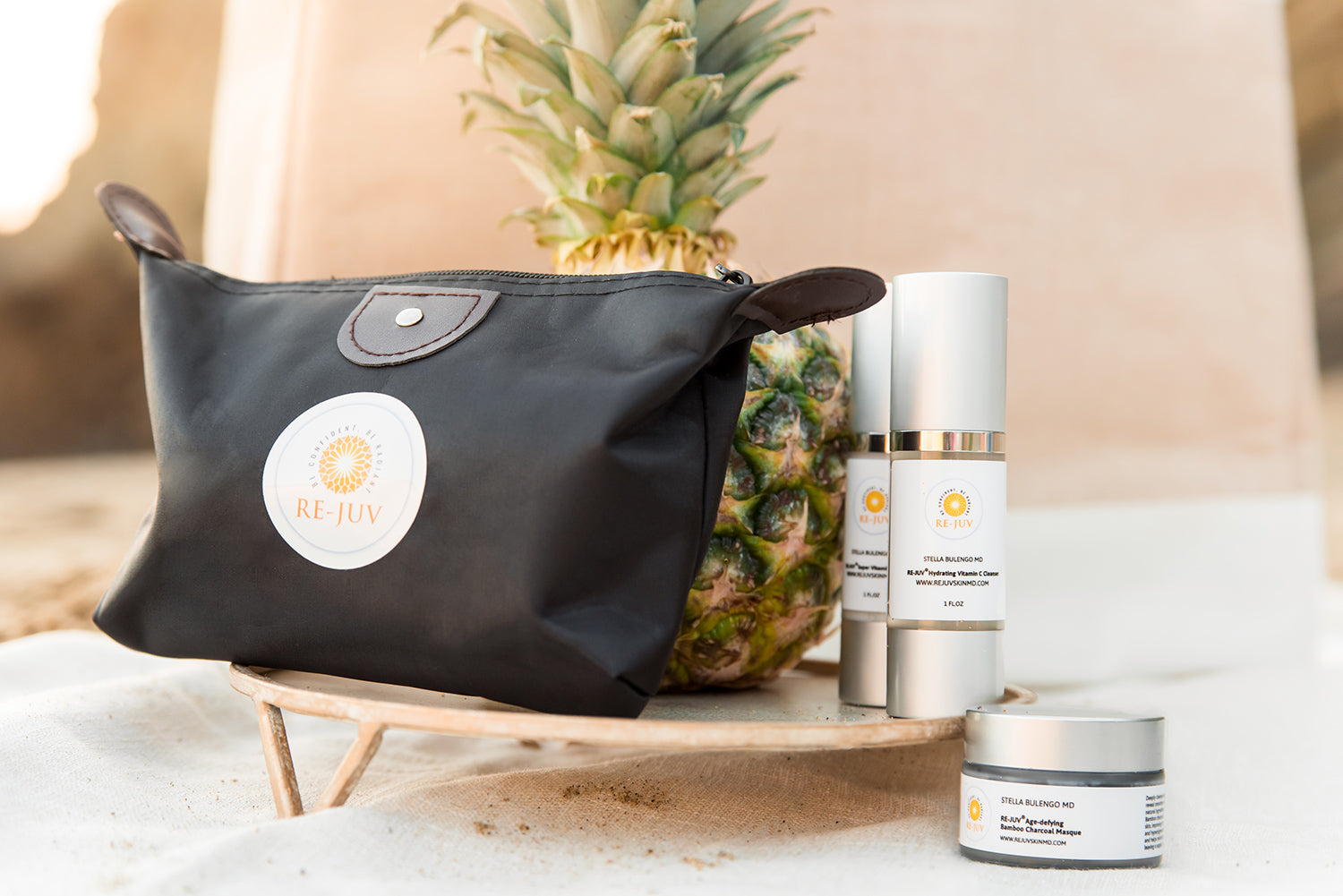
Why is Sunscreen important?

Let’s first address why sunscreen is a basic and crucial step in your daily skincare routine. The best way to protect your skin (all skin types) from the sun is with regular application of sunscreen or sunblock. Sun protection with hats, protective clothing and umbrellas are also important in preventing sunburns.
Both UVA and UVB rays can damage the skin’s DNA resulting in genetic mutations — which can lead to skin cancer. Between the risk of sunburns, premature aging and skin cancer, UVA and UVB rays make an insidious team, and protecting against both is essential to keep your skin healthy.
It is important to wear sunscreen every day, even in the winter since it can help protect your skin from the harmful UV rays which can cause long term skin damage and even skin cancer. Applying daily sunscreen can help prevent signs of premature aging, pigmentary changes, sun spots, fine lines and wrinkles.
Sunscreen is essential to protect your skin against excessive sun exposure and sunburns which predispose to skin cancer. Therefore, you want to ensure it is applied correctly and covers sun exposed skin and that it is working at maximum capacity. Sun protective factor (SPF) tells you how long a sunscreen works. An SPF of 15 or higher is recommended.
The current FDA regulations are if the product is labeled broad spectrum, it means that the UVA protection is proportional to the UVB protection.
However, depending on the intensity of the sun, duration of sun exposure, time of day, cloudy or clear day, altitude, you can still burn despite using sunscreen. Therefore, re-applying sunscreen every 2 hours or sooner if the skin is exposed to excessive sun.
Types of sunscreen: there are two types of sunscreen chemical and physical.
Chemical sunscreens work through a chemical reaction. They protect the skin by absorbing the sun’s rays and then releasing the energy in the form of heat. This prevents the UV rays from being absorbed into the skin, thus protecting the skin from excess sun exposure.
Chemical sunscreen should be applied before moisturizing for it to be effective, since it needs to be absorbed and penetrate the surface of the skin. Give enough time for the sunscreen to be absorbed into the skin before moving to the next step of your skincare routine. This avoids weakening or removing some of the protective ingredients in sunscreen.
Physical sunscreen, also known as mineral sunscreen or sunblock, consist of protective minerals like Titanium, Zinc, Iron that help create a physical barrier on the skin and work by protecting the skin against the sun’s harmful rays. Therefore it s recommended as a barrier sunblock should be applied last during your morning routine.
Sunscreen or Moisturizer first?
Sunscreen and moisturizers are essential steps in any skincare routine, however you should not apply them at the same time due to the reason previously discussed. Apply a chemical sunscreen first and a moisturizer after to avoid weakening the sun protective chemical ingredients. Avoid mixing your sunblock with your moisturizer to avoid diluting that protective barrier. When applying a physical sunscreen, once a moisturizer has been absorbed into the skin, you can apply a layer of the physical sunscreen as the last step forming a barrier protecting the skin underneath.
Can I Apply Sunscreen and Moisturizer Together?
You should not apply sunscreen and moisturizer together to avoid diluting or weakening the effects of the chemical or physical sunscreen.
To simplify your morning skincare routine, you have an option and solution- using a moisturizer with SPF (sunscreen). There are several over the counter brands for sensitive skin, for example: Cetaphil, Vanicream, EltaMD tinted broad spectrum sunblock, Black Girl Sunscreen for kids and adults, Neutrogena and several others. All in one moisturizer and sunscreen has the advantage of applying one product that helps protect your skin from the sun’s harmful rays while keeping your skin smooth and hydrated. Also, a moisturizer with SPF hydrates and is less likely to cause ashy skin.
The message is not to mix your sunscreen and moisturizer. A solution or better option: is find a moisturizer or foundation with SPF or a tinted physical sunblock (EltaMD, SPF 46). This will make your morning routine faster and ensure you get the protection you need every time.
What else can help enhance sun protection?
Using topical Vitamin C products like, RE-JUV® Super Vitamin C Crème, Skinceutical serum or lotion brightens discoloration and since it is an antioxidant protects the skin from the harmful rays of the sun and skin aging. Heliocare, a natural oral supplement from the fern extract, Polypodium Leucotomos has been shown in clinical studies to have antioxidant properties that help protect your skin from the effects of free radicals from sun damage that cause wrinkles, discoloration and other signs of environmental aging. Heliocare can be purchased over the counter in pharmacies or online.
References: All About Sunscreen, Skin Cancer Foundation, www.skincancer.org
Read our privacy statement: the article, content and author's comments should not be construed as medical advice or treatment. Consult with your provider/dermatologist. If pregnant or nursing consult with your OB/Gynecologist.
Author: Stella M. Bulengo, MD, FAAD, FASDP, July 24, 2024

